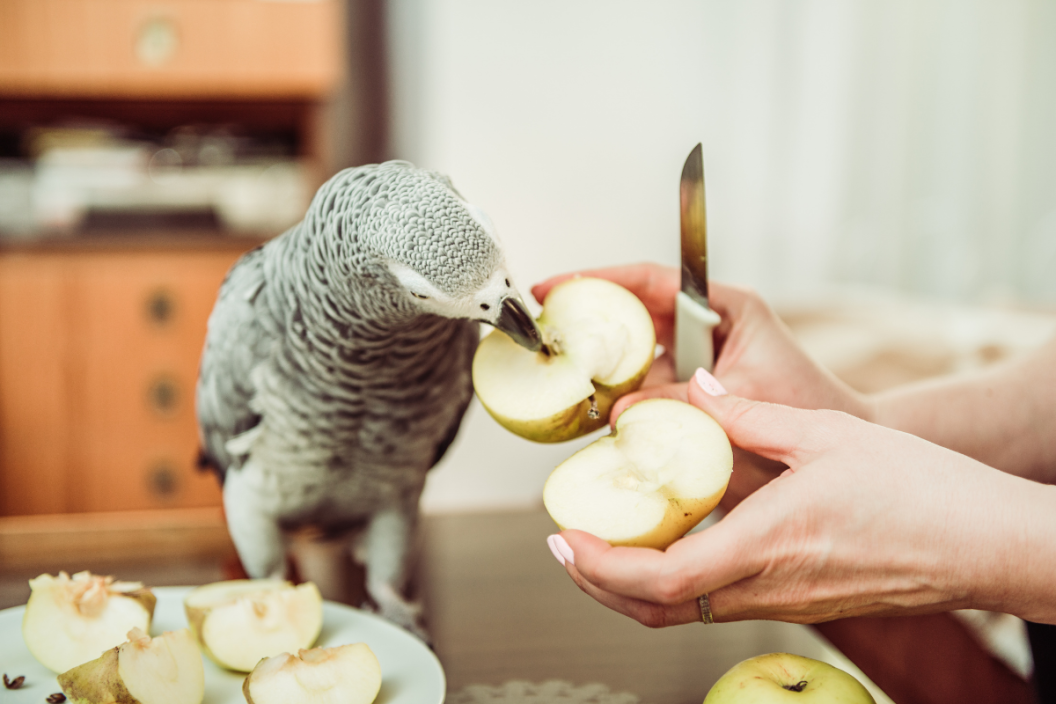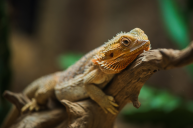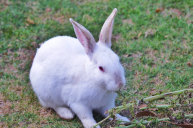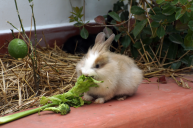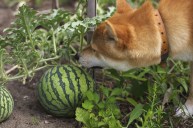A bird's health is directly related to the quality of its diet.
Feeding a varied diet rich in fresh fruits and vegetables is crucial to keeping your pet bird healthy and happy.
You've just picked up a parakeet at the store. Parakeets are great first pets, but how can you feed them more than pellets? If you're scratching your head about what kinds of fresh foods to incorporate into your feathered friend's diet, wonder no more. Here are five vitamin-rich foods to that will keep your little pal looking and feeling her best.
What Can I Feed My Pet Bird?

It's easy to roll up to the pet store and grab generic pet food for your bird, but is seed and dry food enough? Not necessarily. Birds, like humans, thrive when given fruits and vegetables, as long as you're careful with which vegetables you feed them. If you're tired of feeding your bird pellets, look into expanding their diet with seeds, nuts, vegetables, fruits, and fiber.
Birds can eat a large variety of vegetables, but avoid onion, garlic, and avocado, which can all cause issues with your feathered friend. Most fruits are safe for birds, but make sure to clean up any leftover fruit after it's been sitting out for a few hours. You wouldn't want to eat day old fruit, and your bird doesn't, either! Here are 5 fruits and vegetables that your plumed pal might enjoy.
Fruits and Vegetables for Birds
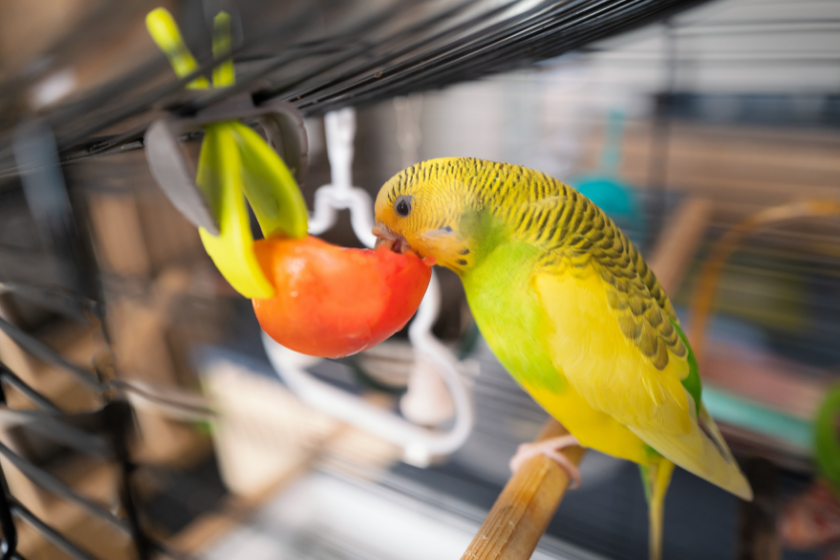
1. Blueberries
Antioxidant-rich blueberries help keep your bird's feathers shiny and beautiful. They're packed with Vitamins C and K, and provide an extra boost to the immune system's function.
You can offer your bird berries a couple of times each week in small amounts, but don't overdo it. Berries have a high natural sugar content and too much sugar can cause health problems.
2. Leafy Greens
Not only are they great for us, they're great for birds too. In fact, leafy greens are a staple of the diets of wild parrots, who indulge in plenty of them in addition to the fruits and nuts they dine on.
Leafy greens, including spinach, bok choy, kale, beet greens, collard greens, dandelion greens and mustard greens, Swiss chard, and romaine lettuce, are nutrient-rich and keep skin and feathers healthy. Keep your bird's diet balanced by adding greens to the mix.
3. Beans and Sprouts
Beans and sprouts are protein powerhouses. If your parrot is reluctant to eat beans, mix them in with fruit and other bird foods she is familiar with; this will make them more enticing. If she's still not interested, sprouts are a great, healthy alternative, and you can make them yourself!
Take a few seeds from your bird's normal seed mix, fold them into a wet paper towel, and place the towel on a windowsill. In a couple of days, voila! Fresh sprouts. Lorikeets especially are known to love sprouts!
Avoid lima bean, navy bean, and fava bean sprouts as they are toxic if not cooked.
4. Carrots
Fresh, raw carrots support healthy eyes and a strong jaw. These vitamin-packed treats should be thoroughly washed before you offer them to your bird (this applies to all fresh fruits and fresh vegetables).
Buy organic carrots if possible, as doing so will prevent exposure to chemicals and pesticides. Don't be afraid to give the whole carrot to your bird. They will eat the carrot tops too!
5. Melon
A wide variety of melons, including watermelon, honeydew melon, cantaloupe, and their relative, pumpkins, are packed with fiber, which is great for your bird's digestive tract. Additionally, these tasty treats are immune system-friendly, as they're high in Vitamin C content.
Remove pulp and seeds and cut the melon into chunks before you offer it to your bird.
Some other good fruits and vegetables to add to a good diet include apples (not the apple seeds though since they contain cyanide), sweet potato, Brussel sprouts, green beans, bell peppers, snow peas, and red beets! Some grains can also be good to add like cooked brown rice, quinoa, oats, wheat, barley, and pasta. Toxic foods for birds include those high in salt, fat, and sugar. Keep these junk foods away from your avian friends to keep your bird happy and healthy!
What fruits and veggies do you feed your companion bird? Tell us on the Wide Open Pets Facebook page!
This article was originally published March 9th, 2018.
